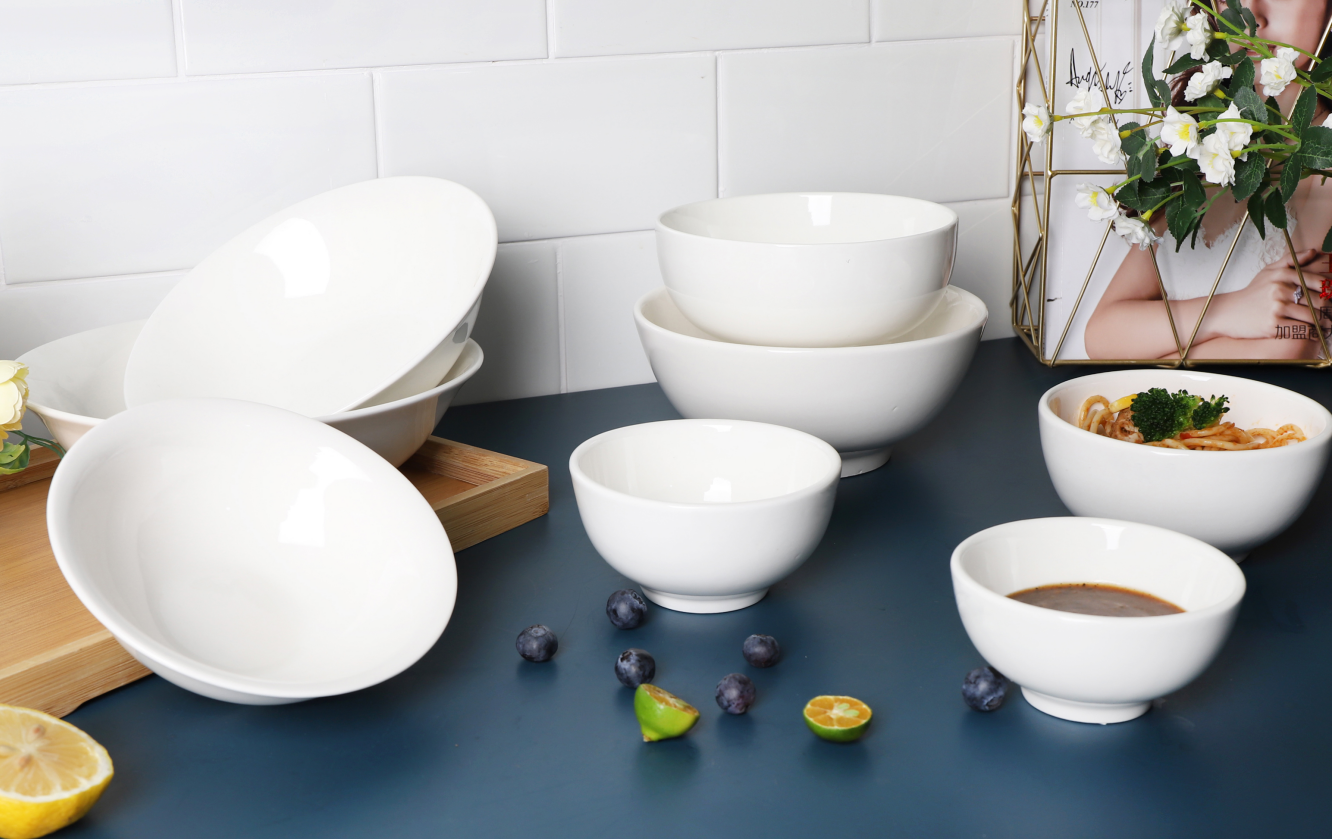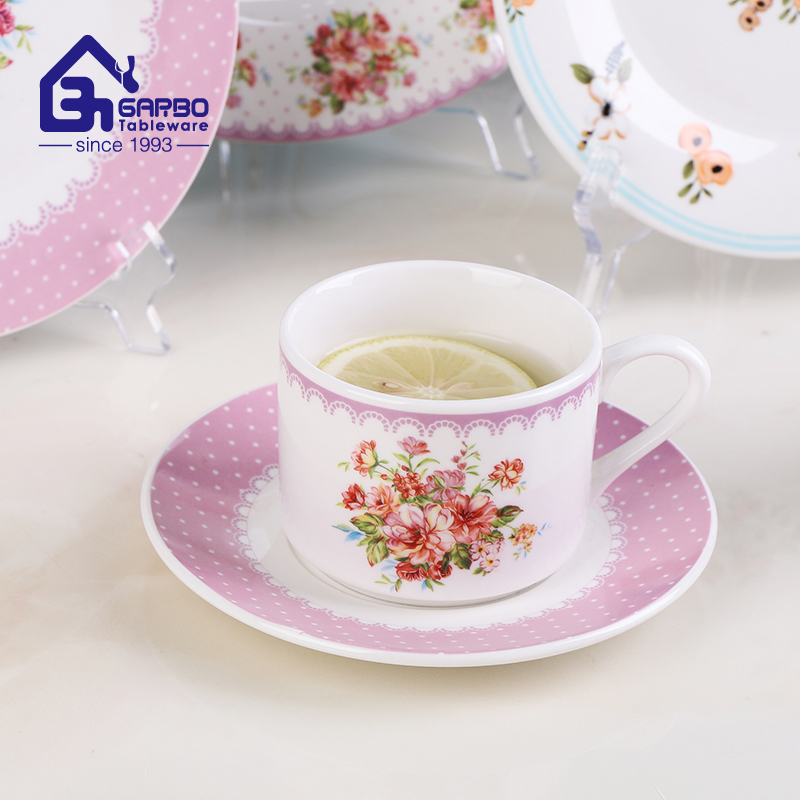Pulished on Mar. 29, 2025
Ceramic tableware is an important category in the home and catering industry, its global market demand continues to grow. Consumers in different regions have significant differences in design style, material preferences, environmental protection requirements, etc. Exporters need to accurately grasp the trend and optimize product strategies.
Since environmental protection and minimalism dominate there, the styles they like most is Nordic minimalism, like solid colors (white, grey, earth colors), geometric lines, and matte glazes. Or English pastoral style, flower patterns ceramic dinner bowls&plates in the middle and high-end market is still in stable demand. About material, lead-free glaze and recyclable materials have become standard, and there has strict certification of food contact materials. Also, microwaves and dishwasher-safe are basic selling points.

There are people who prefer to rich color and high-cost performance tableware. Bright colors dinner plates or bowls are best-selling in there. And colorful patterns are their best choice. Meanwhile, hand-carved, imitation copper rust glaze and other local cultural elements are favored. Middle and low-end products dominate, and consumers are more concerned about durability than high-end craftsmanship.

Luxury style is absolutely hot sale there. They like the color gold and large-size porcelain dinnerware. Deep ceramic plates and soup bowls suitable for family dinners are in high demand. Normally, the dinnerware with theme patterns are less popular. Besides dinner plates or bowls, some other dinnerware is needed, like cooking pots and teapots.
Minimalism ceramic plate, bowls, and mugs continue to be popular: Matte glaze and plain white still dominate the European and American markets. At the same time, classic patterns such as roses, blue, white, blue and white are seeing a revival in the high-end market. Marble grain, crack glaze, and imitation stone texture have become a new trend. Functionality and good price still are main factors in some areas.
The global ceramic tableware market presents the trend of diversification, functionalization, and environmental protection, and exporters need to adjust their product strategies according to regional preferences. In the future, minimalist design, antibacterial function and sustainable production will become the core competitiveness. Companies that can advance the deployment of innovative technologies and optimize the supply chain will have the opportunity to gain an edge in the fierce international market.